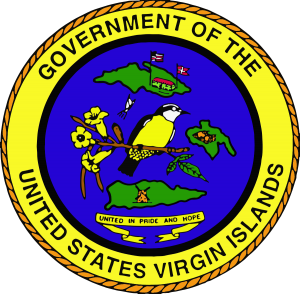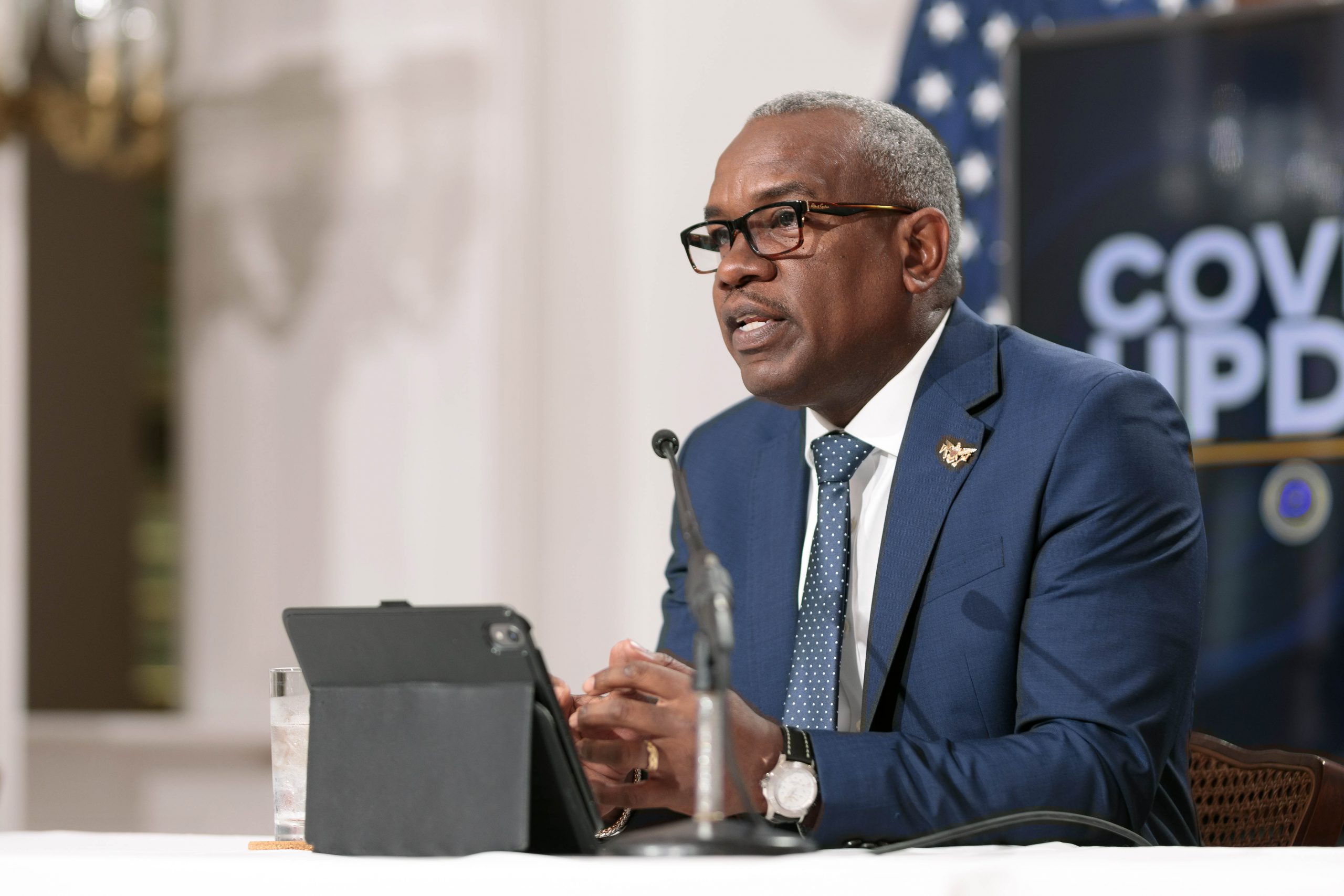U.S. VIRGIN ISLANDS – Governor Albert Bryan Jr. issued a statement about Moody’s Investors Service’s assessment of the Territory’s financial outlook on the bond market and the solvency of the Government Employees’ Retirement System (GERS) following the Third U.S. Circuit Court of Appeals ruling earlier this month regarding the past due contributions owed by the Government of the Virgin Islands (GVI).
In that ruling, the Third Circuit said the GVI is not liable for about $43 million in interest and fees for past due contributions to the retirement system.
“This is not a loss for the GERS or the V.I. by any means. It underscores the urgency with which the executive and legislative branches need to work together to address and put forward a comprehensive solution to this problem,” Governor Bryan said. “In the judgement, the court clearly defines that it is the duty of the Legislature to address the funding needed, and by working collectively I believe we can get solve this issue on behalf of the people of the Virgin Islands.
“As evidence of our commitment, the Government of the Virgin Islands has paid millions to the GERS over the years, none of which they applied to the balance they claim is due. It is time to take another serious look at refinancing our bond debt to achieve lower rates, which will allow us to put more money into the system,” Governor Bryan said.
Moody’s said in the opinion it issued on Monday, April 19, the looming threat of the GERS going bankrupt likely would result in debt default and restructuring for the Government of the Virgin Islands.
“The ruling is credit positive for the USVI, because it will provide a more than $40 million reprieve from court-ordered pension contributions and thus help the financially stressed territory’s near-term ability to continue providing government services. However, it does little to alter the looming insolvency of GERS within the next several years,” the Moody’s assessment said. “The USVI almost certainly cannot afford to pay pensions directly to retirees if GERS depletes its assets, and likely cannot politically cut benefits while paying debt service in full to bondholders, meaning a GERS insolvency is highly likely to drive a debt default and restructuring.”
The Moody’s assessment said that regardless of whether the GVI paid the amount overturned by the Third Circuit, the retirement system is likely to fail in 2024.
“Assuming that in addition to its statutory contribution, the USVI pays the amount upheld by the appeals court in full, we still project that the GERS will run out of assets in fiscal 2024 without an extra infusion of cash or cut to benefits,” Moody’s reported. “To this end, the appeals court in its opinion said that GERS requires ‘possibly billions more’ to avoid insolvency, and the system’s most recent actuarial valuation recommends that the Board of Trustees prepare in advance for applying benefit cuts to retirees once the systems assets are exhausted.
“We estimate that GERS would have to cut benefit outflows to retirees by around 50% once its assets are depleted if its only sources of income are the USVI’s statutory contributions and active member contributions,” Moody’s reported. “A benefit cut of any significant magnitude is unlikely to occur, in our view, without a broader restructuring of the USVI’s other debts and obligations to bondholders.”
The Bryan-Roach Administration is committed to transparency, stabilizing the economy, restoring trust in the government and ensuring the disaster recovery is completed as quickly as possible.

